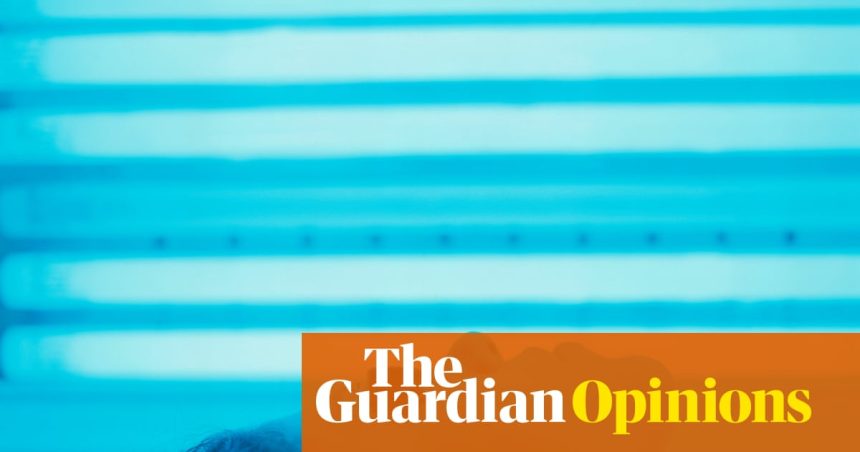Calls by cancer experts to ban sunbeds in the UK will not be heeded straight away. So far, no minister or opposition party has signalled support for a step that many would regard as overly restrictive. Nor has the public been consulted. While World Cancer Research Fund (a British charity) supports a ban, Cancer Research UK has stuck to issuing warnings.
But with skin cancer rates rising, and evidence that the existing ban on children using sunbeds is being flouted, it is unsurprising that cancer doctors think more should be done. The ban on children using commercial sunbeds in the UK was introduced in 2010. Since then, Australia has banned such businesses altogether. Prof Paul Lorigan and the other authors of an article in the British Medical Journal argue that a law like Australia’s would be the most cost-effective way of cutting melanoma cases – even if it included compensation for businesses. Evidence suggests that young women in deprived parts of northern England are at particular risk.
As with other activities and products that are known to cause cancer or other illness, the alternative is tighter regulation and public education aimed at persuading people to make healthier choices. On tobacco, the UK has chosen a ban – albeit a gradual one, with a bill outlawing the sale of tobacco products to anyone born after 1 January 2009. The new law will also ban the sale of vapes to children, and further restricts advertising and smoking in public places. By contrast, on junk food and alcohol Labour has failed to live up to pre-election promises, with tighter rules on advertising delayed, and England so far not following Scotland with a minimum unit price for alcohol.
Public health campaigners are only too aware of such inconsistencies. When it comes to the powerful food and drink industries, successive governments’ commitment to preventing illness is in tension with an avowedly pro-business approach.
The question of exactly which risky activities should be banned will always be a difficult one in a liberal society. People take chances with their health and safety all the time, and value the opportunity to make their own choices and mistakes. But as health officials have pointed out in relation to high-risk cosmetic surgery, the UK’s free-to-use national health system makes the potential downsides of such decisions harder to brush off. Choices are not simply at an individual’s “own risk” when adverse consequences and costs are shared.
With “sin taxes”, as they are known, another kind of cost-benefit analysis comes in. While the pleasure derived from alcohol, and the profits made from selling it, are two reasons why there is little appetite for restrictions, another is that the Treasury earns around £12.5bn in duties from sales each year.
As with sunbeds, public health experts point out that poorer people are at highest risk from obesity and alcohol-related harms (though one recent survey found that those in wealthier families were more likely to have an addiction problem). Attempts to shift consumer behaviour must never be a substitute for tackling the socioeconomic determinants of poor health, including inadequate incomes and housing. But nor can the dangers to health from gambling, ultra-processed food, sunbeds and other risky products and services simply be ignored. If ministers want the public to trust them, prevention in healthcare needs to be more than a buzzword.
-
Do you have an opinion on the issues raised in this article? If you would like to submit a response of up to 300 words by email to be considered for publication in our letters section, please click here.

Leave a Reply